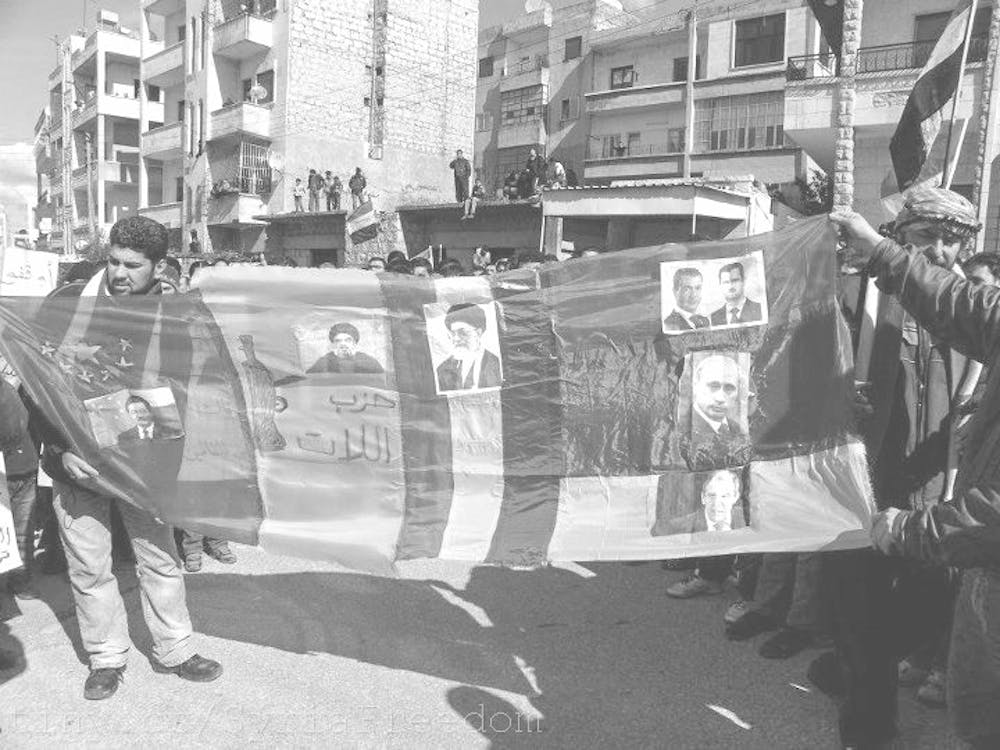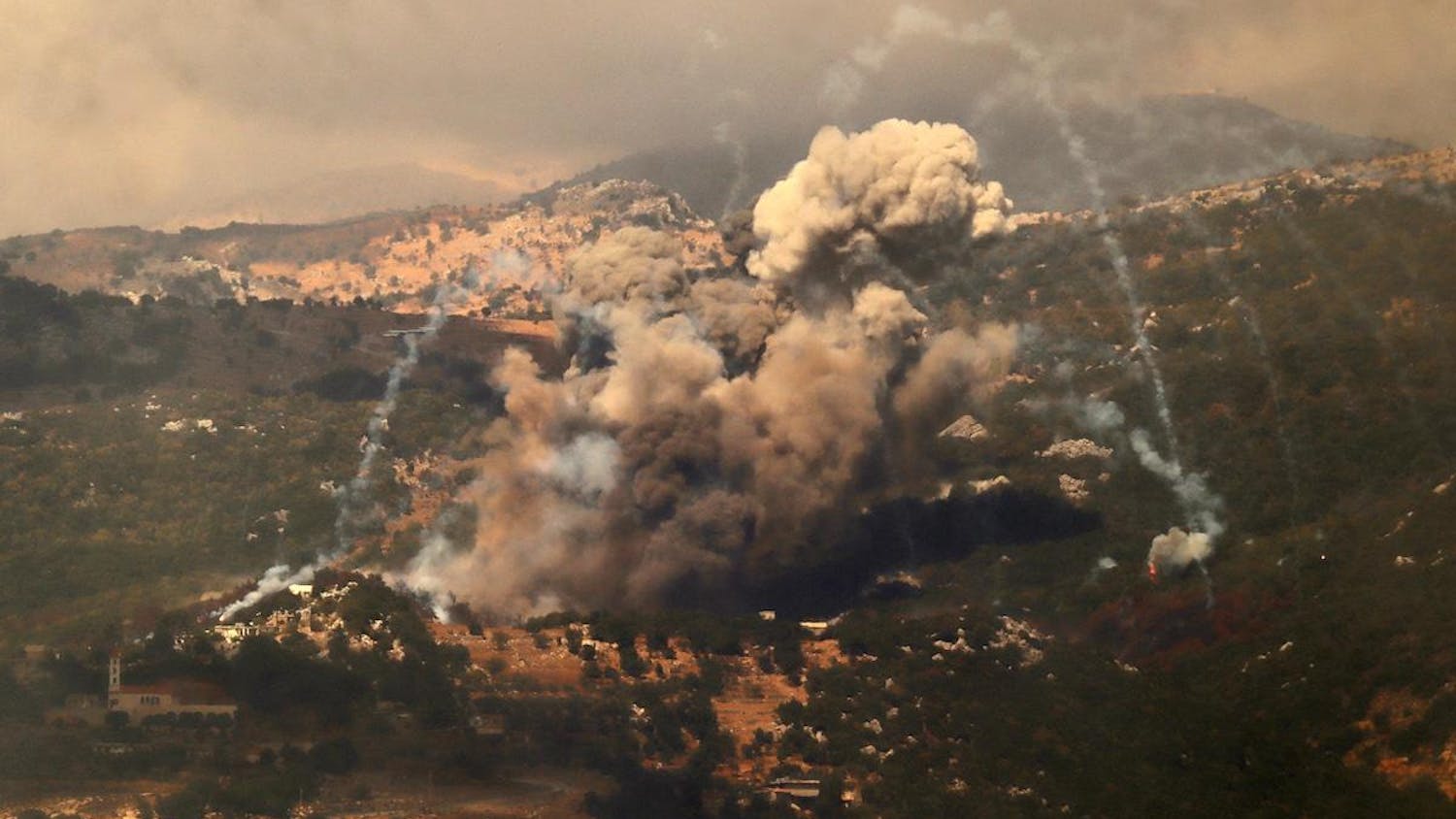By Joseph Johns | Echo
The Iraqi Joint Operations Command has promised the country will "help and cooperate in collecting information about the terrorist group (ISIS), according to Al-Jazeera.The Iraqi military will be coordinating with the governments of Syria, Iran and Russia in fighting against ISIS. It is not yet clear as to what extent intelligence will be shared among such a diverse and fractious group, but it is clear that all of these nations have found common ground on which to unite against ISIS.
The main goal of this cooperation is the removal of ISIS as a viable threat to the respective interests of each country.
Each country has its own caveats, desires, and agendas. Russia, Iraq, and Iran are mainly concerned with Syria, since that is where the majority of ISIS militants are located.
Russia also has a significant military presence in Syria, according to the Guardian. This military presence has come under question since Russia has overtly stated political goals in Syria to keep Bashar Al-Assad, the current leader of Syria, in power.
Russia is the first country that is privy to the intelligence-sharing operation. Russia's involvement is consistent with its leaders prioritizing a tangible involvement in the Middle East.
Foreign Policy reported that "Russia's role is growing not because Russia wants a greater role. Putin doesn't want a greater role," said Segey Markov, a political science professor at the Russian Institute of Political Studies. "Russia just has to fill the vacuum that is left by the departure of the United States."
Prior to the rise of ISIS in Iraq, the United States concluded Operation Iraqi Freedom and Operation Enduring Freedom, which deposed Saddam Hussein and left a power vacuum in the region.
This power vacuum forced Iraq to rely more heavily on its regional neighbors for military aid against the hostile ISIS group.
CBS reports that Iraq has long had close ties with neighboring Iran and has coordinated with Tehran in fighting the advance of ISIS. Iraq has lost one-third of its territory to ISIS in the last year and wants to topple ISIS to protect its oil supply, which has been systematically destroyed by ISIS.
Iran's motivation to cooperate against ISIS is understood within the two-prong framework.
The first is that Iran is an economically ostracized country trying to gain acceptance and legitimacy in the eyes of the international community once again.
The second prong is that Iran hopes to fight what the world sees as the most potent threat to peace and security in the region.
Iran also wants to maintain its power and influence after fighting against ISIS, according to ISW. This forces the nation to not tip its hand too far in any one direction, so as to not offend the West or Iran's Arab neighbors.
According to the Council on Foreign Relations, the Syrian regime under Bashar al-Assad has an unofficial non-aggression pact with the Islamic State, since both entities are fighting against the Free Syrian Army.
America has a significant interest in seeing ISIS decline since the terrorist group has proved to be hostile toward Western interests, forming alliances with such groups as Boko Haram in the Maghreb,which believe Western education is a sin, according to BBC.
This cooperative intelligence sharing mission against ISIS is the first time that fractious countries have united against a common threat in the region, showing the level of concern that ISIS is causing other nations in the Middle East.





